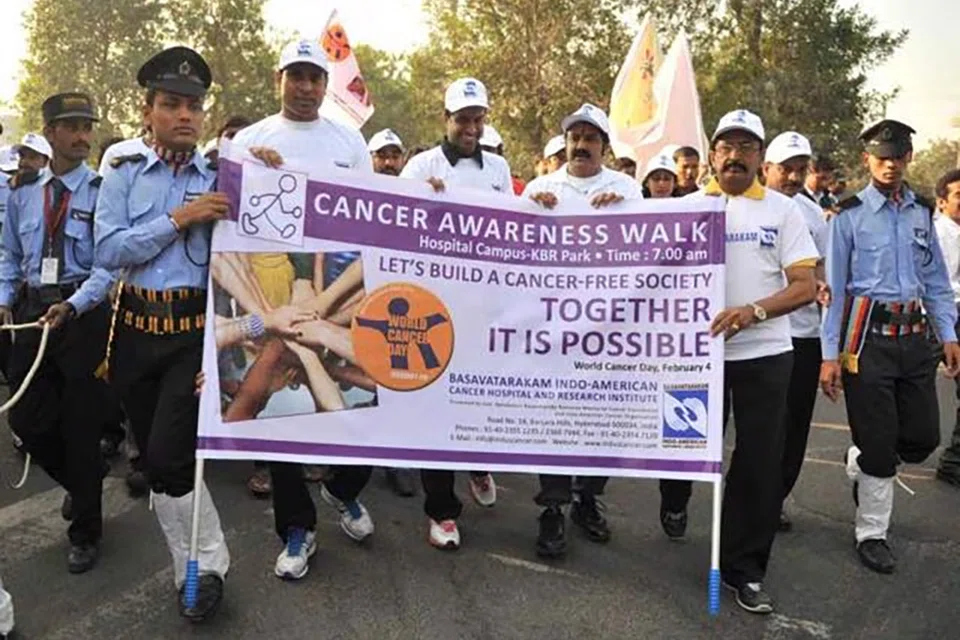Women in India are more likely to develop cancer than men, but men are more likely to die from it, according to a new analysis by the National Centre for Disease Informatics and Research (NCDIR) and the Indian Council of Medical Research (ICMR).
Drawing on data from 43 population-based cancer registries between 2015 and 2019, the study revealed that women accounted for 51.1 per cent of new cancer cases, compared to 49 per cent in men. Yet, men contributed to a disproportionate 55 per cent of cancer deaths, while women accounted for 45 per cent.
Experts attribute the paradox to the types of cancers prevalent in each gender, reported website NewsBytes.
Among women, breast and cervical cancers dominate – together representing nearly 40 per cent of cases. These are often detected earlier, respond better to treatment, and have high survival rates when screened in time.
For men, however, oral and lung cancers, largely linked to tobacco and alcohol use, remain most common. These cancers are typically diagnosed late, are highly aggressive, and have poorer treatment outcomes.
“Men’s cancers are more often tied to lifestyle and present at advanced stages, leaving fewer options for effective management,” Dr Ravi Mehrotra, head of the Centre for Health Innovation and Policy Foundation, told the BBC.
The registry recorded more than 700,000 cancer cases and over 200,000 deaths during the study period. Researchers estimate that India saw 1.56 million new cases and 874,000 deaths in 2024.
The Northeastern states remain India’s cancer hotspot. Districts like Aizawl in Mizoram recorded lifetime risks nearly double the national average, driven by widespread tobacco use, alcohol consumption, and dietary patterns.
“It’s lifestyle more than genetics,” noted Dr R. Ravi Kannan of the Cachar Cancer Hospital in Assam.
Public health experts point out that women, through reproductive and maternal health checks, are more likely to visit doctors, leading to earlier cancer detection, reported the BBC.
Men, by contrast, are less likely to undergo preventive screenings, often delaying care until symptoms worsen.
“Women’s health has been a bigger focus in public campaigns, while men’s risks rarely get attention beyond tobacco,” Dr Mehrotra explained.
The study calls for gender-specific strategies in cancer control. For women, wider HPV vaccination and regular screening could curb cervical cancer. For men, smoking cessation drives and early oral cancer detection are critical.

